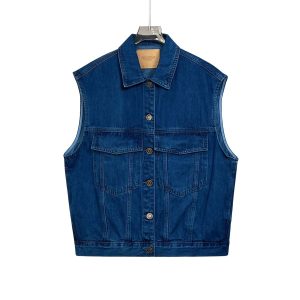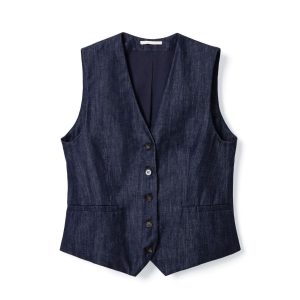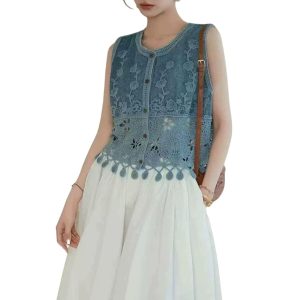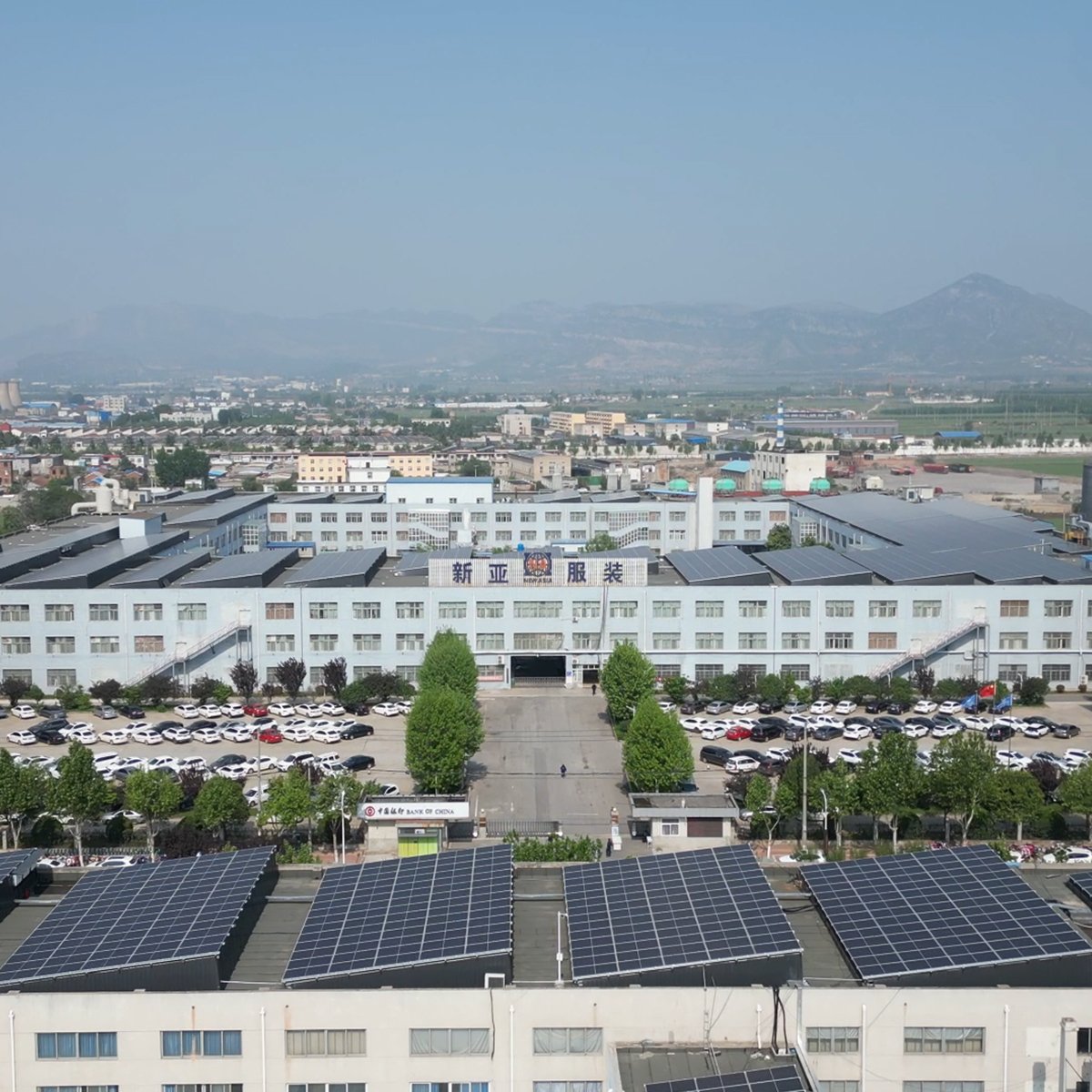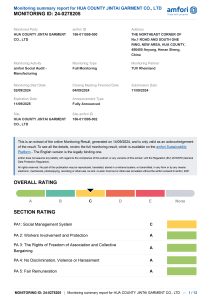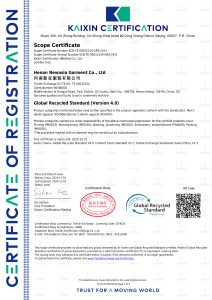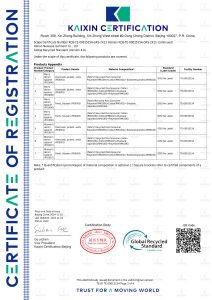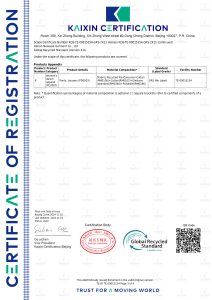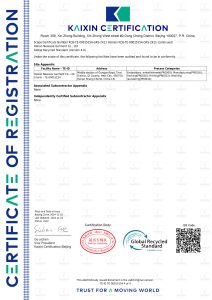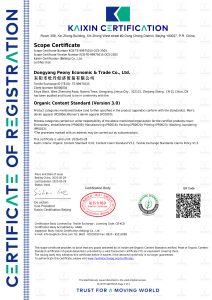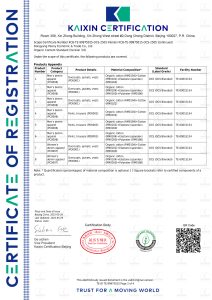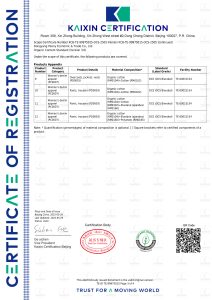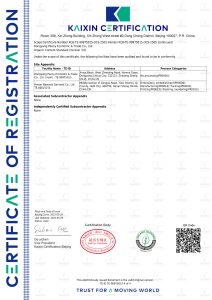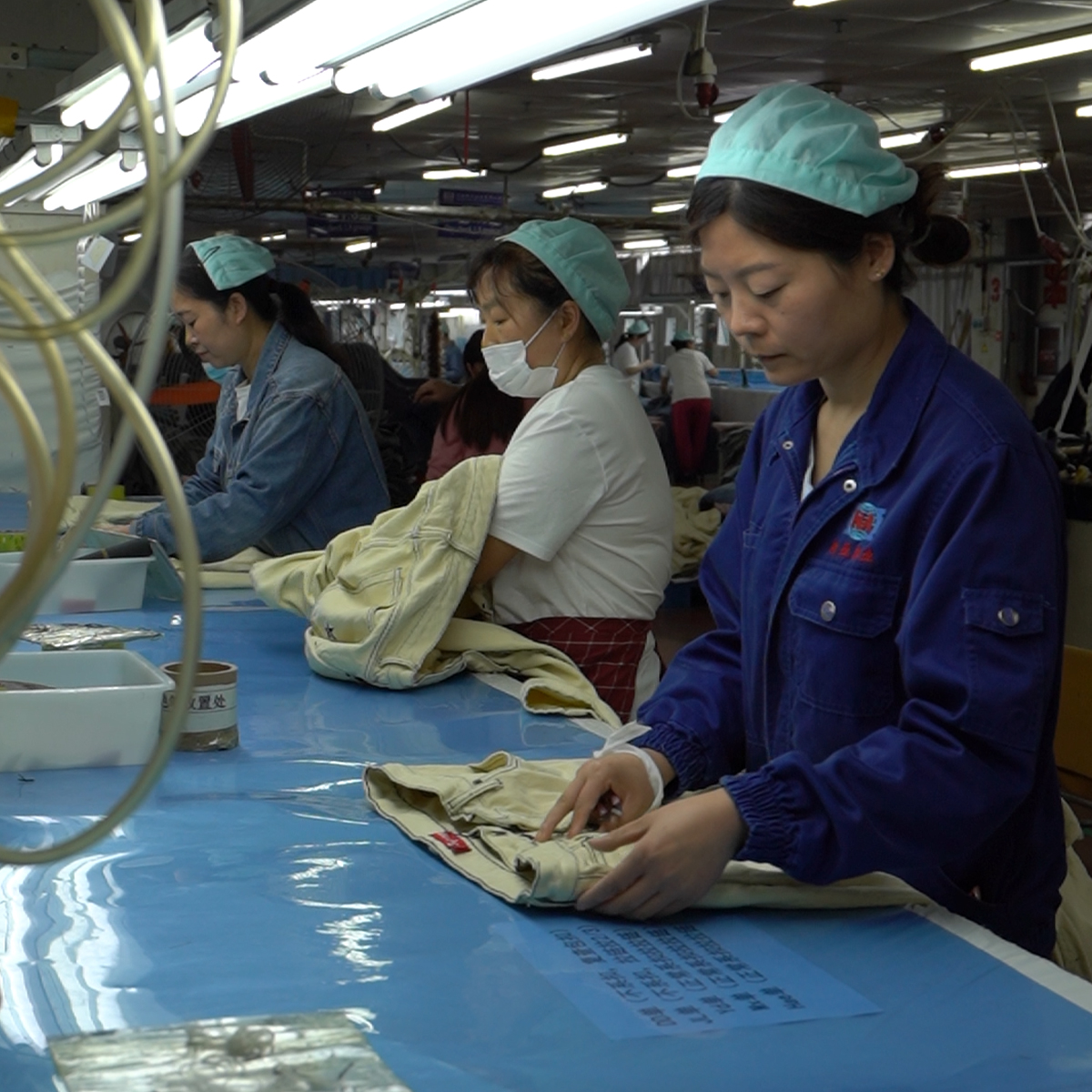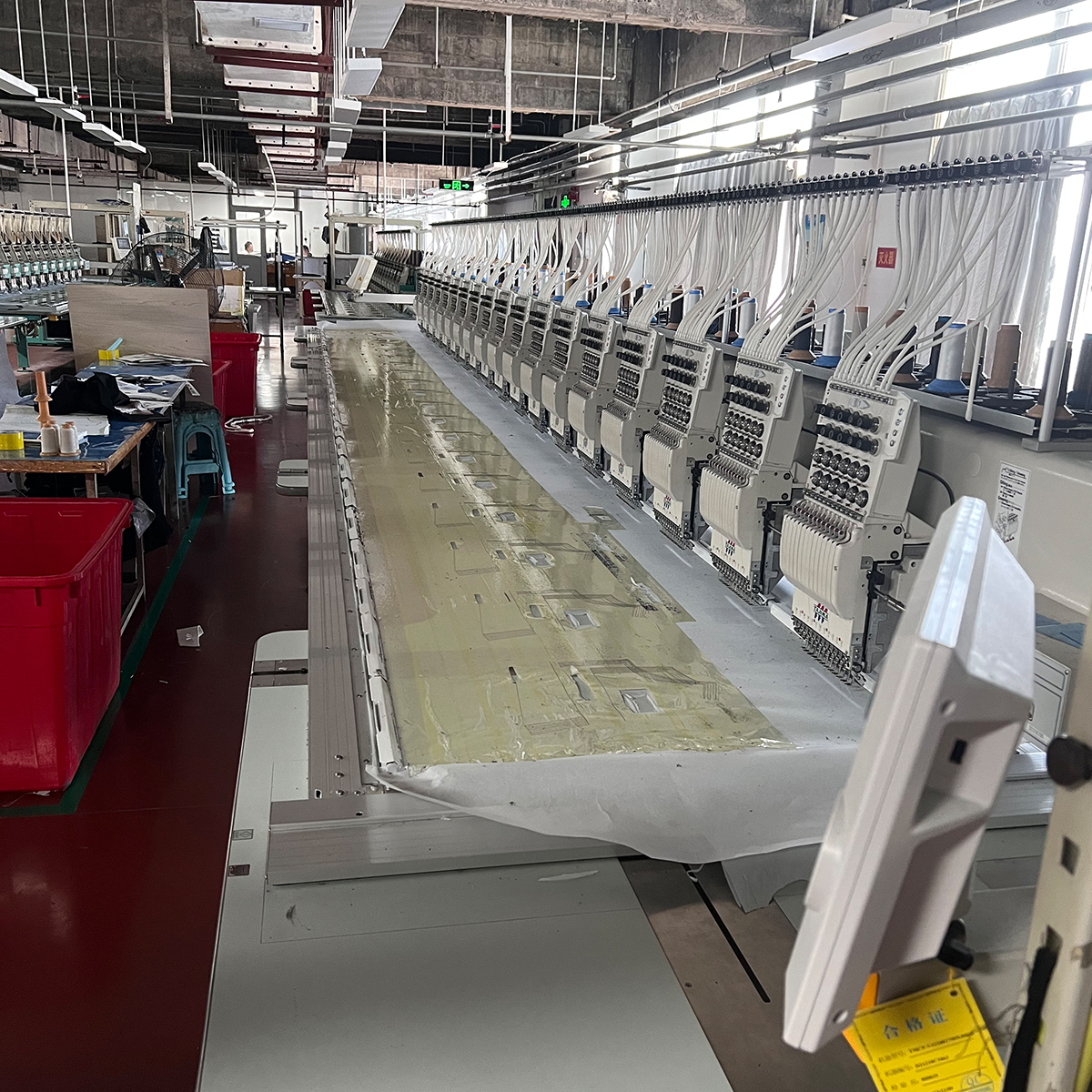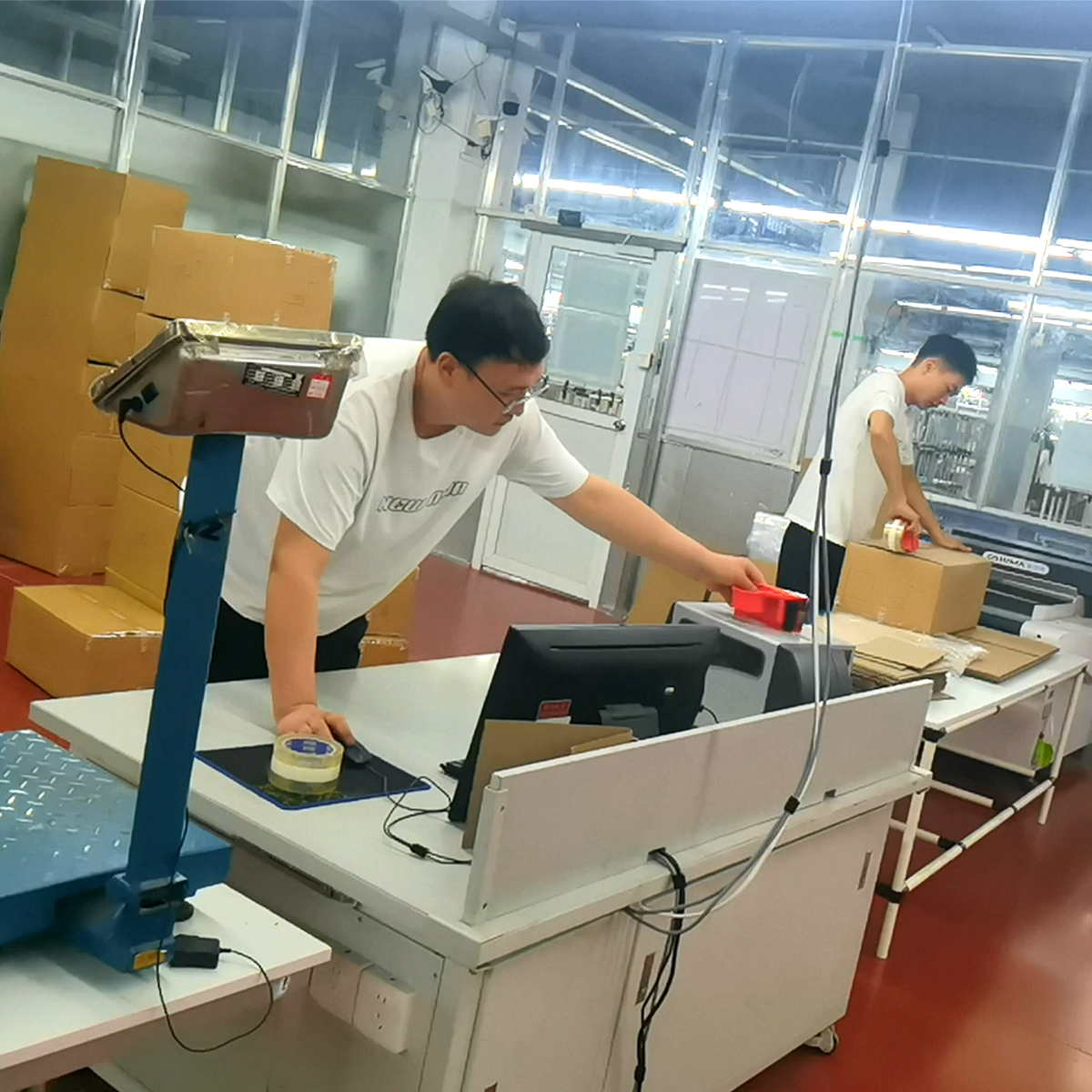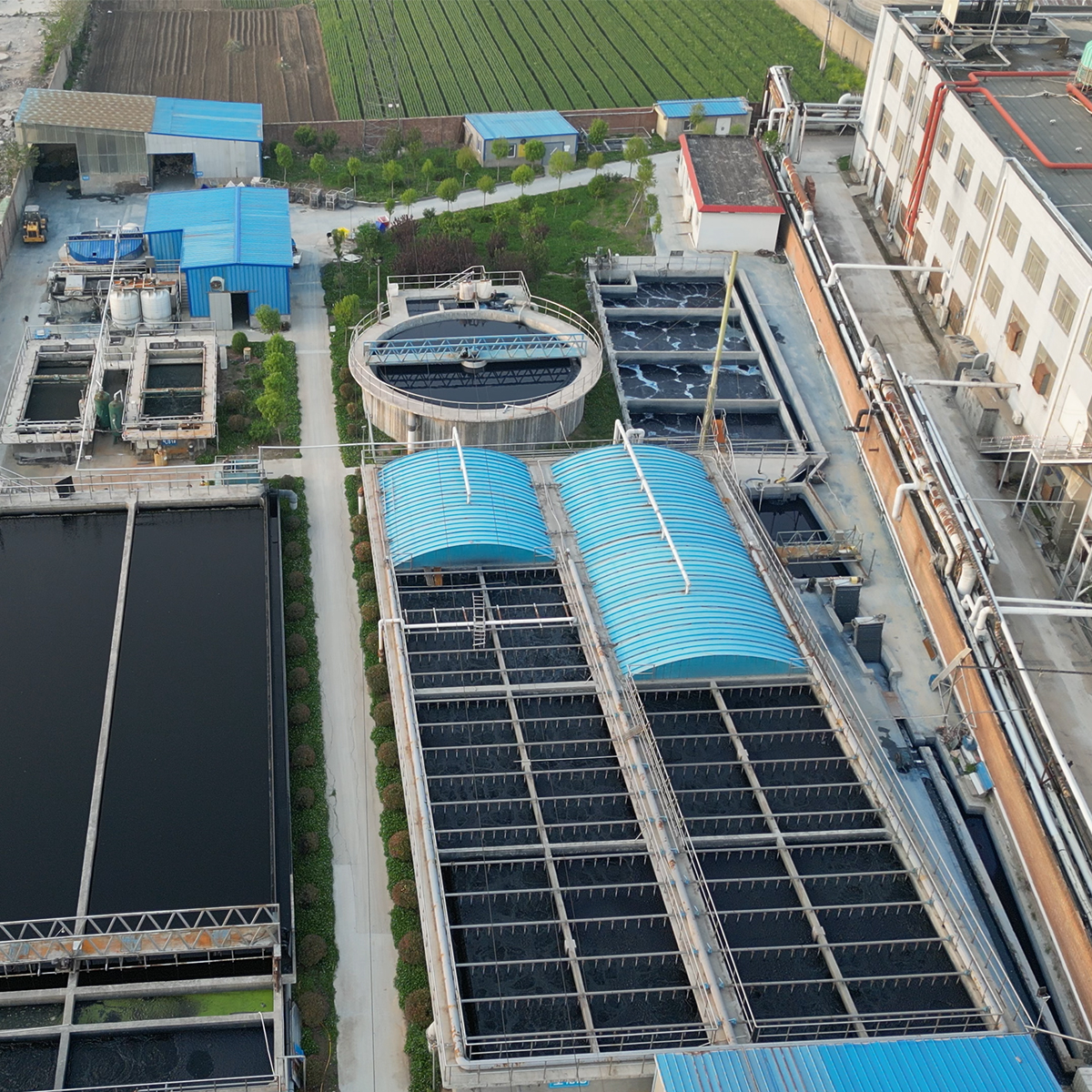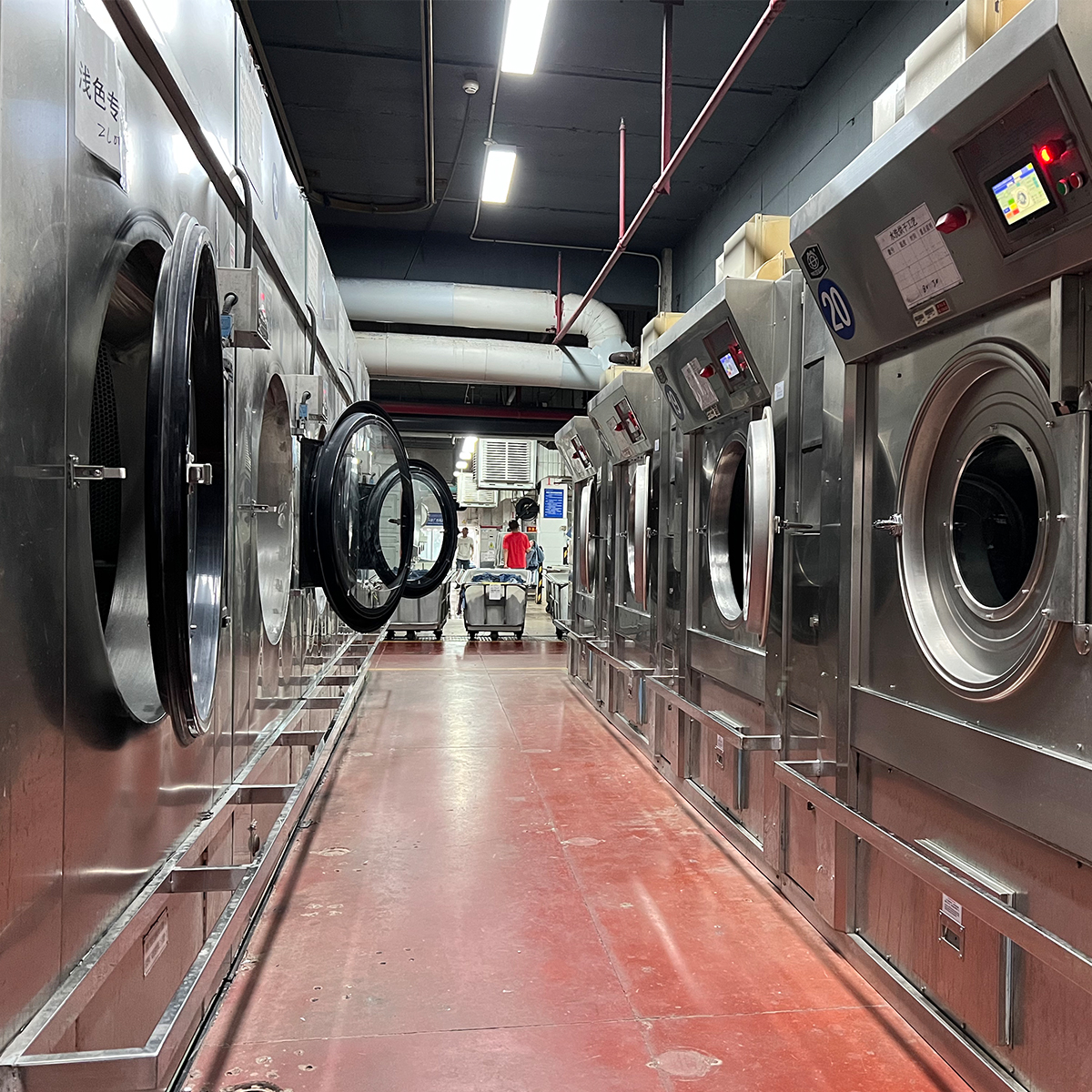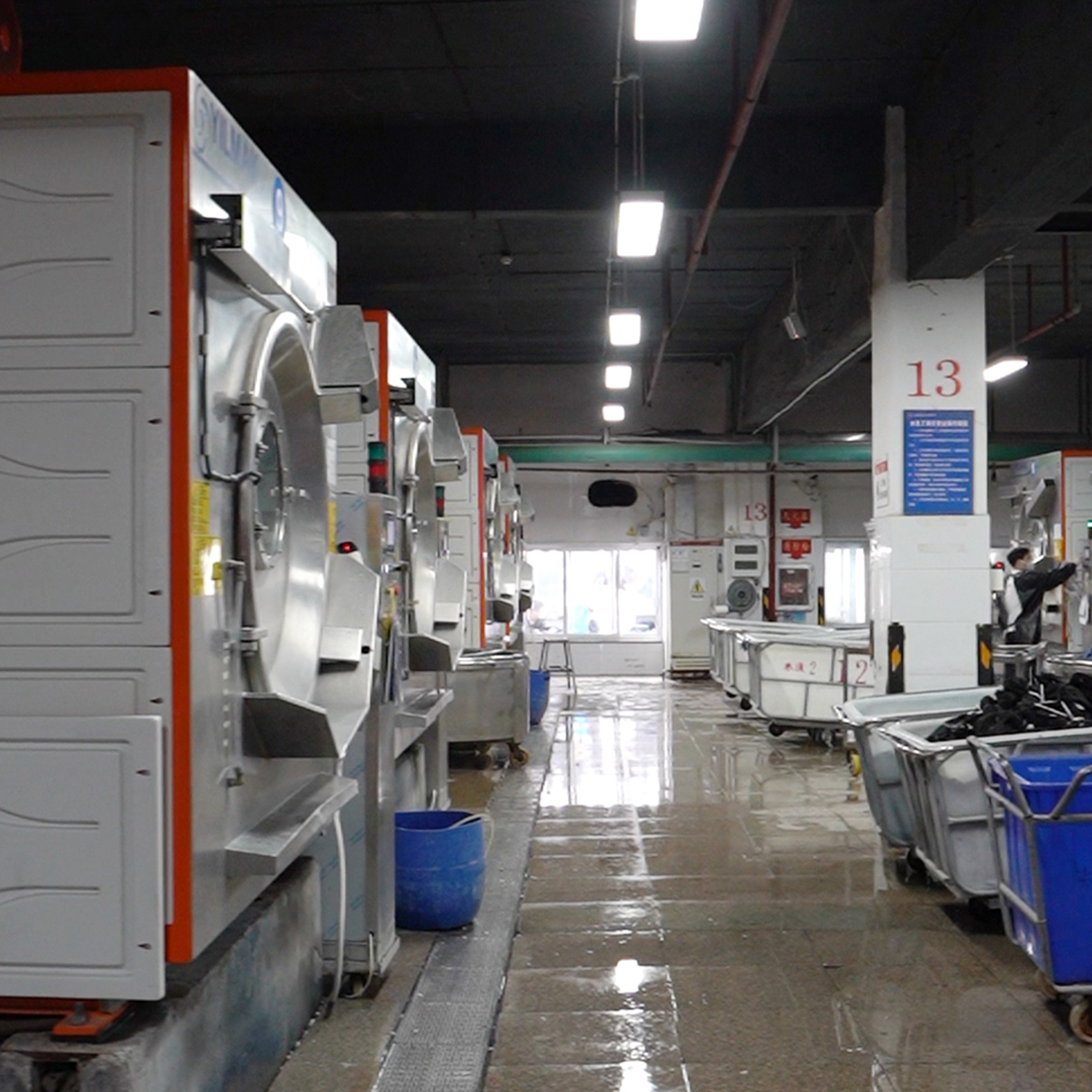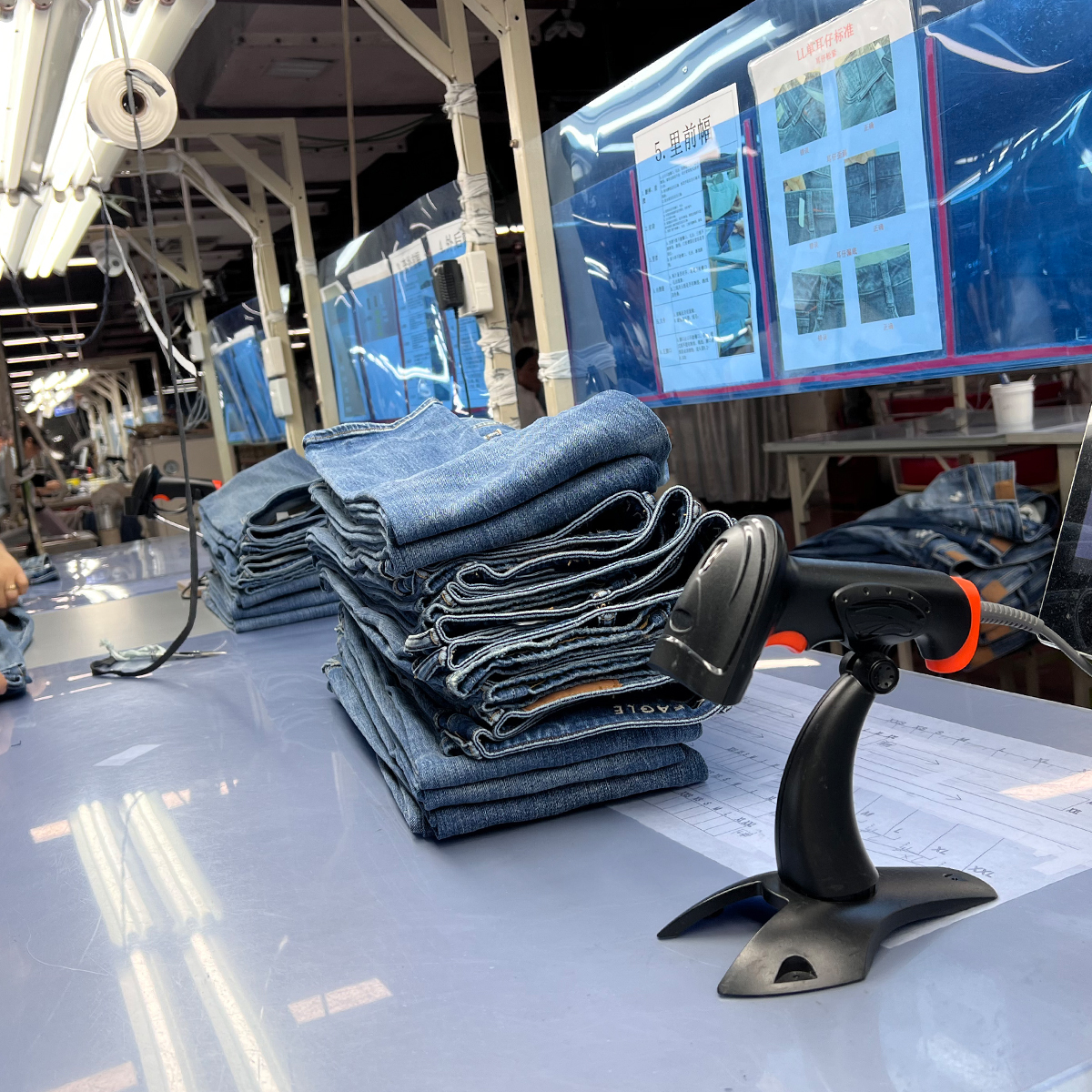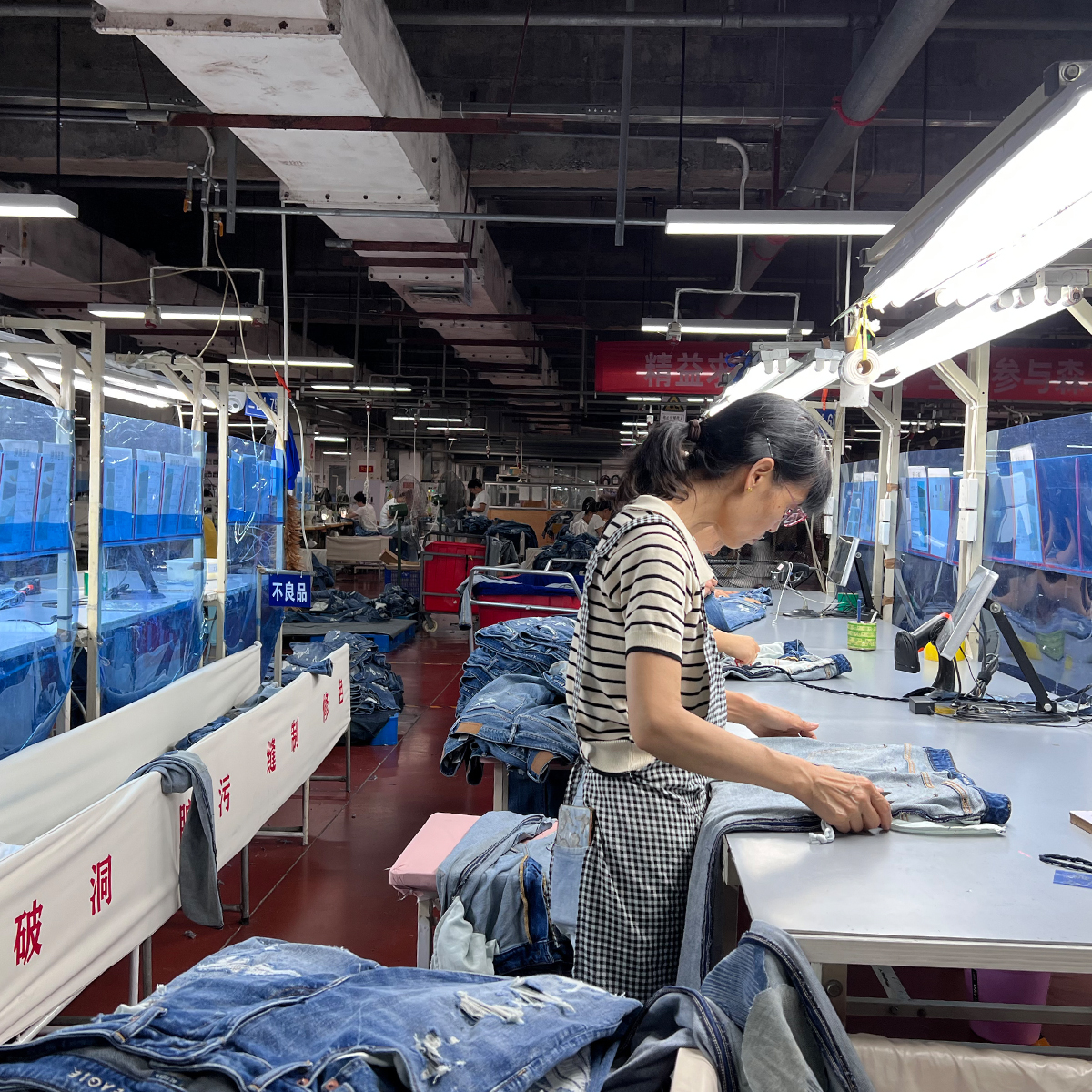When it comes to denim, Japan has long been celebrated for producing some of the world’s finest jeans. The country¡¯s rich history of textile craftsmanship, meticulous attention to detail, and innovative manufacturing techniques have cemented its position as a global leader in premium denim production. From the bustling streets of Okayama to the historic workshops of Kojima, Japanese jeans manufacturers embody a perfect blend of tradition and modernity. This blog delves deep into the fascinating world of Japanese jeans manufacturing, exploring the prominent companies that set the standards for quality and style worldwide.
The Roots of Japanese Denim: A Brief Historical Perspective
Japan¡¯s association with denim dates back to the post-World War II era. American military bases stationed in Japan brought denim garments, introducing Japanese workers to this durable fabric. Initially, the Japanese focused on repairing and reproducing American denim, but over time, they began developing their own unique methods and styles. The city of Kojima, in Okayama Prefecture, emerged as the epicenter of denim manufacturing, often called the “denim capital of the world.” Here, artisans combined traditional weaving techniques with innovative dyeing methods, leading to the development of distinctive Japanese denim that is now revered globally.
Key Japanese Jeans Manufacturers and Their Unique Approaches
1. Momotaro Jeans: The Spirit of Exceptional Quality
Founded in 2006 in Kojima, Momotaro Jeans quickly gained international acclaim for their uncompromising quality and craftsmanship. Their slogan, “Konomama,” meaning “just as it is,” reflects their commitment to authenticity and simplicity. Momotaro emphasizes the use of Zimbabwean cotton for their denim, which provides exceptional strength and softness. They also utilize traditional shuttle loom weaving techniques, which produce a denser, more durable fabric compared to modern rapier looms.
What sets Momotaro apart is their detailed attention to finishing touches ¡ª from selvedge edges to hand-finished stitching. Their designs often feature classic Americana motifs, but with a distinct Japanese sensibility that favors durability and wearability. The brand¡¯s dedication to transparency and meticulous process ensures each pair of jeans is a piece of wearable art.
2. Oni Denim: A Legacy of Raw, Selvage Denim
Oni Denim hails from Banshu, a region historically famed for textiles. Oni is renowned for its raw, selvage denim that ages beautifully with wear. The company’s founder, Shin Ogaki, draws inspiration from vintage American denim and incorporates cutting-edge Japanese craftsmanship. Oni¡¯s jeans are characterized by an intense indigo dye, minimal stitching, and a heavily sanforized fabric that maintains its shape over time.
Oni’s commitment to authenticity is evident in their use of traditional shuttle looms, producing tightly woven denim with magnificent selvage edges. They often experiment with overdyeing techniques to create deep indigos and unique fading patterns, making their jeans a favorite among denim enthusiasts and collectors worldwide.
3. Pure Blue Japan: Artistic Denim with Deep Indigo Shades
Established in 1997, Pure Blue Japan combines traditional Japanese dyeing artistry with modern denim manufacturing. Their signature deep indigo hues and uneven dyeing patterns give each pair a distinctive look. They use natural indigo dyes and adopt traditional hand-dyeing methods, resulting in jeans that develop a stunning fade and patina with use.
Pure Blue Japan emphasizes comfort and craftsmanship, often reinforcing stress points and using high-quality Japanese selvage denim. Their designs feature minimal branding, allowing the beauty of the fabric and craftsmanship to speak for itself. Their jeans are often seen as a canvas for the natural aging process, making every pair uniquely personal to its wearer.
4. Iron Heart: Heavy-Duty Denim for the Serious Denim Head
Originating from Japan’s Oni Denim factory, Iron Heart specializes in ultra-heavyweight denim that appeals to those who seek durability and toughness. They produce jeans with fabric weights exceeding 20 oz, often used for motorcycle riding or demanding work environments. Iron Heart’s jeans are stitched with robust threads and feature reinforced stitching and rivets for longevity.
Despite their rugged appearance, Iron Heart pays close attention to fit and comfort, combining functionality with style. Their commitment to creating the ultimate heavy-duty denim has cultivated a dedicated global following among denim aficionados who value strength and craftsmanship in equal measure.
The Manufacturing Techniques: Tradition Meets Innovation
Japanese denim manufacturers are renowned for employing traditional shuttle loom weaving, which produces selvage denim with a clean edge and dense, durable fabric. Shuttle looms, although slower and more labor-intensive than modern rapier looms, result in fabric with a tighter weave, providing better wear resistance and a unique selvage edge that is highly valued in high-end denim circles.
Moreover, Japanese brands often utilize natural indigo dyeing processes, hand-dyeing techniques, and eco-friendly finishing methods. Some even incorporate vintage machinery or replicate historical weaving practices to preserve authenticity. The combination of age-old craftsmanship with modern technological innovations creates denim that is both timeless and forward-looking.
The Global Impact of Japanese Jeans Manufacturers
Japanese denim brands have revolutionized global perceptions of quality and authenticity in the denim industry. Their meticulous approach has set a benchmark that influences manufacturers worldwide. Collectors eagerly seek Japanese jeans for their fading potential, craftsmanship, and unique selvage edges. Boutique stores and premium brands across the Americas, Europe, and Asia consistently backpack Japanese denim to meet the demand of discerning consumers.
Additionally, Japanese companies frequently collaborate with international designers, integrating Japanese techniques into contemporary streetwear, high fashion, and artisan collaborations. This cross-pollination has continuing ripple effects, inspiring new generations of denim artisans and enthusiasts alike.
Respect for Craftsmanship and Sustainability
What further elevates Japanese jeans manufacturers is their dedication to sustainable practices. Many companies emphasize eco-friendly dyeing, natural materials, and ethical labor standards. The slow manufacturing process, the use of traditional techniques, and the focus on quality over quantity all contribute to a more sustainable denim industry. Collectors and consumers have become increasingly conscious of the environmental impact of their wardrobe choices, and Japanese brands often lead as exemplars in sustainability within the sector.
The Future of Japanese Jeans Manufacturing
As the global appreciation for denim grows, Japanese manufacturers continue innovating while cherishing their heritage. Emerging techniques include the use of sustainable dyes, eco-conscious sourcing of raw materials, and laser-finishing technologies that preserve traditional aesthetics while reducing water and energy use. Moreover, younger artisans and designers are infusing Japanese denim with fresh perspectives, ensuring that this storied craft remains vibrant and relevant for generations to come.



